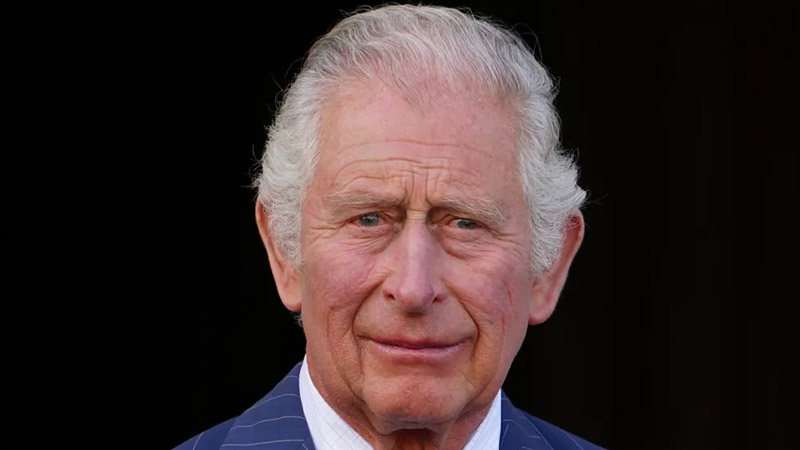
King Charles’s Sandringham Estate Homes Fail Energy Standards Sparking Tenant Concerns
Share0An investigation has revealed that over 30 rental properties on King Charles’s Sandringham Estate fail to meet the required energy efficiency standards, raising concerns about tenant living conditions, reported by GB News. The report follows a similar inquiry into the Duchy of Cornwall, where some vulnerable tenants faced fuel poverty and lived in cold, damp, and mouldy homes.
One tenant described the situation to The Mirror as “very cold,” pointing to outdated, single-glazed windows that allow heat to escape. Many of these windows are reportedly rotting, and tenants speculate the reluctance to install double glazing may be tied to King Charles’s aesthetic preferences. “The properties, many built during Queen Victoria’s reign, are in dire need of modernization,” the tenant added.
The investigation found that over 30 properties on the estate are rated below the Minimum Energy Efficiency Standards (MEES), with eight properties receiving the lowest “G” rating and one scoring just one out of 100 points. Under MEES regulations, homes with ratings below “E” cannot legally be rented out, and landlords risk penalties of up to £5,000 per property.
However, questions have arisen over whether King Charles is exempt from these rules. A 2022 report suggested that the monarch is personally exempt from over 160 laws, which may include MEES regulations.
A spokesperson for the Sandringham Estate acknowledged the need for improvements, stating, “The estate is actively investing in an ongoing program to improve the homes, with energy efficiency as a priority.” They declined to comment on specific properties but confirmed that some exemptions might apply to a small number of homes that do not meet the standards.
The report comes amid broader scrutiny of royal estates and their treatment of tenants. Many of the affected properties on the Sandringham Estate date back to Queen Victoria’s reign, highlighting the challenges of maintaining historical buildings while meeting modern efficiency requirements.
The investigation has sparked criticism, with tenant advocates urging action to address the energy inefficiency and ensure safe, comfortable living conditions. While the Sandringham Estate promises ongoing upgrades, the scale of the issues and the potential exemptions for royal properties have fueled debate about accountability and fairness in rental housing.
For tenants, the improvements can’t come soon enough, as the cost of living crisis and rising energy bills make fuel efficiency a necessity rather than a luxury.
